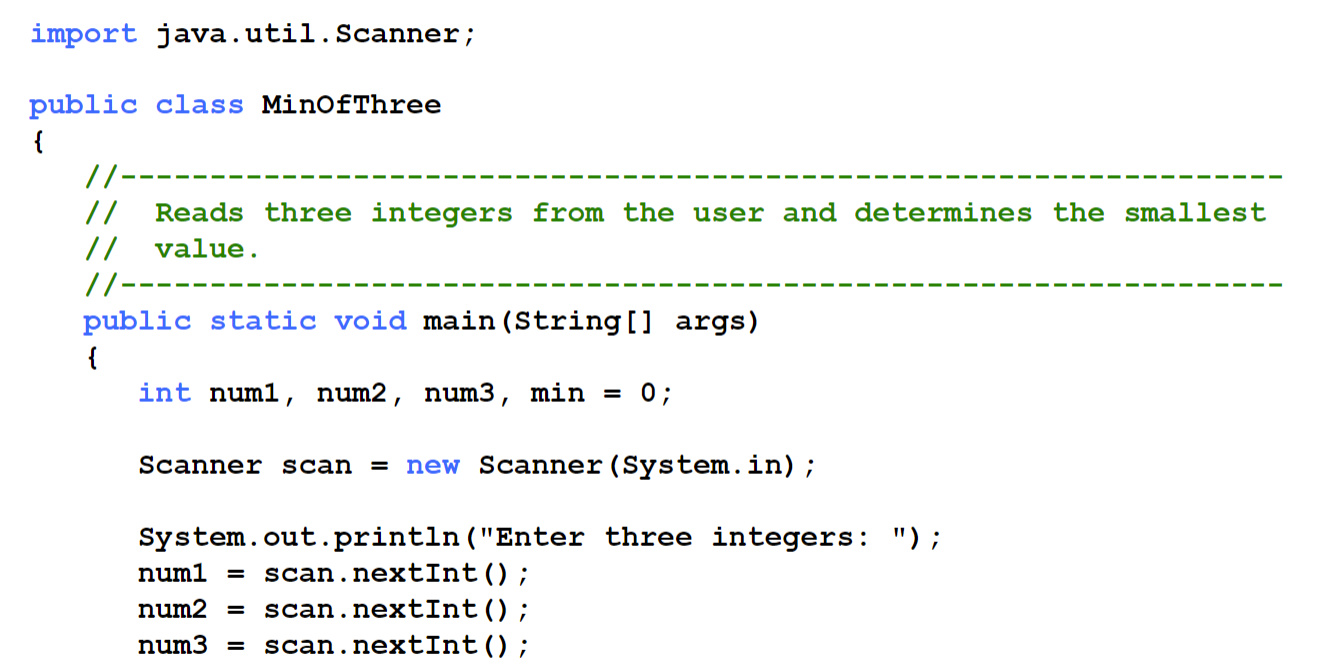Charlotte List Crawler, a hypothetical program, promises efficient data acquisition from diverse online sources. This exploration delves into its functionality, potential applications, ethical considerations, and technical aspects, providing a comprehensive understanding of its capabilities and limitations. We’ll examine the process of designing, building, and responsibly utilizing such a tool, highlighting both its benefits and potential pitfalls.
The potential uses range from legitimate academic research to targeted marketing campaigns, emphasizing the critical need for responsible development and deployment. Understanding the legal and ethical frameworks surrounding web scraping is paramount, as is the ability to navigate the technical complexities of data extraction and parsing. This guide aims to equip readers with the knowledge necessary to approach this topic responsibly and effectively.
Conclusion: Charlotte List Crawler

Source: cheggcdn.com
Developing a Charlotte list crawler requires careful consideration of data sources. One might unexpectedly find relevant information in seemingly unrelated places, such as inmate records from a facility like the saint lucie jail , depending on the crawler’s purpose. Therefore, robust error handling and data validation are crucial for a successful Charlotte list crawler implementation.
In conclusion, the Charlotte List Crawler presents a powerful yet ethically complex tool. Its ability to efficiently gather data from various online sources offers significant advantages for research, marketing, and business intelligence. However, responsible use is paramount, necessitating adherence to legal frameworks, respect for website terms of service, and a commitment to ethical data collection practices. Understanding the technical intricacies, potential challenges, and alternative approaches allows for a balanced and informed perspective on the potential and pitfalls of this technology.
